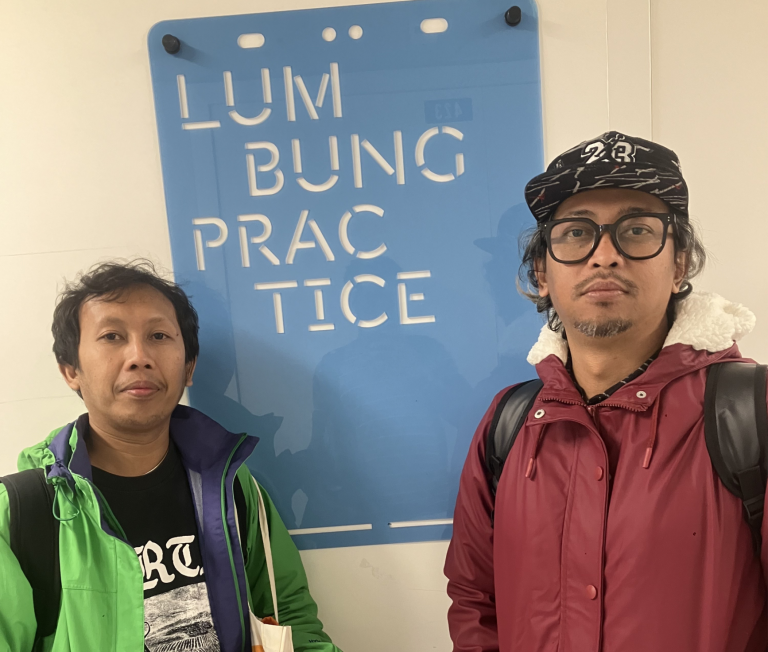Commoning Within Arts Collectives: Three International Stories
What are some of the distinctive ways that precarious arts collectives share resources, support each other, and make art?
I recently learned a lot about this topic from a workshop of international artists convened in Amsterdam. Most of the artists are associated with the so-called Lumbung Practice collective, an interdisciplinary group experimenting with how to cultivate a commons-based art economy.
The artists come from Indonesia, Iran, Morocco, transqueer-migrant disaporas, and other geographies and circumstances, so they have some very different experiences and talents.















